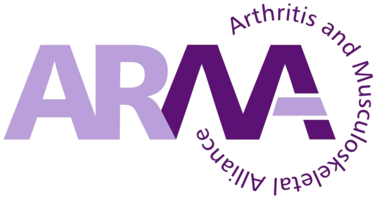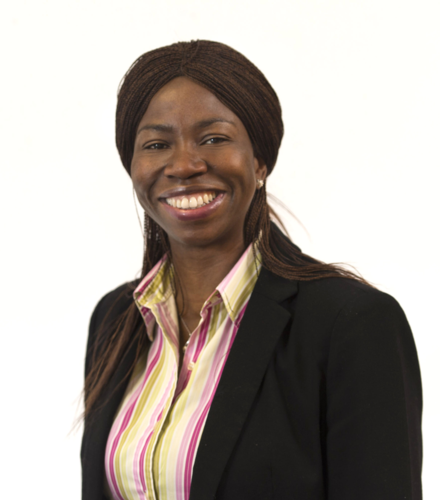 by Sue Brown, CEO ARMA
by Sue Brown, CEO ARMA
I’ve been talking a lot about self-management recently. We’ve had conflicting views through our MSK health inequalities inquiry – does it help address inequalities or exacerbate them?
It seems that it partly depends on what you mean by self-management. One of our lived experience partners said, “self-management is code for you’re on your own.” There is some suspicion amongst both people living with MSK conditions and health care professionals that this is the case, which can lead to resistance to uptake in the NHS.…
Read more of this article



 This
This 

 Over 20 million people in the UK experience musculoskeletal (MSK) conditions such as chronic musculoskeletal pain, osteoarthritis and rheumatoid arthritis. But these do not affect the population equally. Women, older people, those living in deprivation, and some ethnic groups are disproportionately affected in terms of prevalence and impact. In addition, those with MSK conditions experience inequalities when it comes to accessing services and in outcomes.
Over 20 million people in the UK experience musculoskeletal (MSK) conditions such as chronic musculoskeletal pain, osteoarthritis and rheumatoid arthritis. But these do not affect the population equally. Women, older people, those living in deprivation, and some ethnic groups are disproportionately affected in terms of prevalence and impact. In addition, those with MSK conditions experience inequalities when it comes to accessing services and in outcomes.
